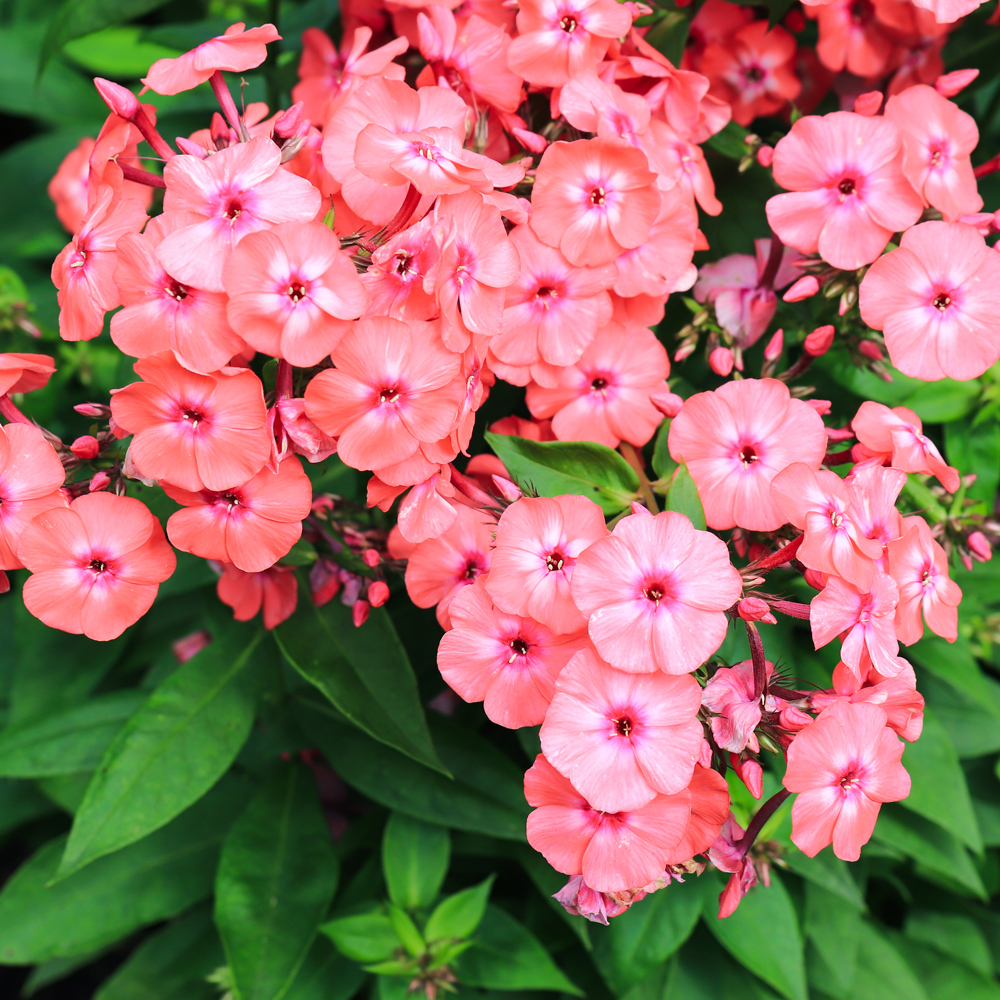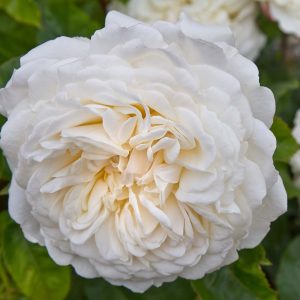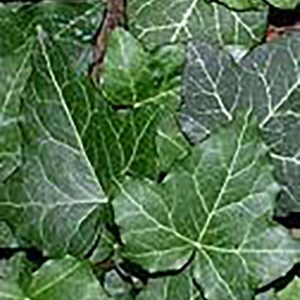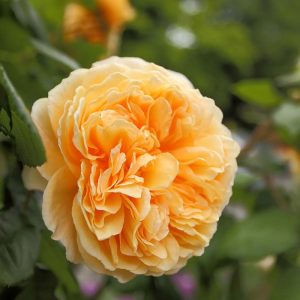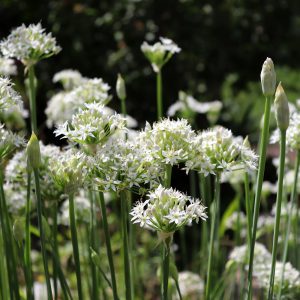Description
Phlox paniculata, also known as garden phlox, is a classic summer-flowering perennial that produces clusters of fragrant, colorful flowers from mid to late summer. This hardy plant is easy to grow in a sunny border or container and comes in a variety of shades, including pink, purple, red, and white. Phlox paniculata is a great addition to any cottage garden, where it can be paired with other classic perennials such as delphiniums, lupins, and roses. It prefers well-drained soil and regular watering, but is generally low-maintenance and will reward you with a long season of beautiful blooms.
Key Facts
- Common Name(s):Phlox ‘Sweet Summer Salmon Orange’
- Hardiness:Fully hardy
- How big will I get? Phlox paniculata ‘Sweet Summer Salmon Orange’ can grow to a height of 0.5m and a spread of 0.5m.
- Did You Know That:Phlox is Ancient Greek meaning flame, named for the strong coloured flowers?
Plant Calendar
A rough guide to how this plant will change through the year.
| Jan | Feb | Mar | Apr | May | June | July | Aug | Sept | Oct | Nov | Dec | |
| Flowering Time |   |
  |
  |
|||||||||
| Foliage Colour |  |
 |
 |
 |
 |
 |
 |
 |
 |
| J | F | M | A | M | J | J | A | S | O | N | D |
  |
  |
  |
|||||||||
 |
 |
 |
 |
 |
 |
 |
 |
 |
Care Guide

Soil Requirements
Phlox paniculata ‘Sweet Summer Salmon Orange’ prefers moist but well-draining soil. This plant can grow in soil with a wide range of pH levels, it is not picky about the pH level of the soil.

Best Position
Phlox paniculata ‘Sweet Summer Salmon Orange’ can handle either an exposed or a sheltered position and can cope with either full sun or partial shade.

Maintenance
Phlox paniculata ‘Sweet Summer Salmon Orange’ should be deadheaded regularly to promote the production of new flowers, it can then be cut back hard once the flowering period is over, this will help to promote plenty of fresh growth the following Spring.

Pest, Diseases and Wildlife
Phlox paniculata ‘Sweet Summer Salmon Orange’ is generally pest free, it can be vulnerable to certain diseases such as powdery mildews. It is also known to attract bees and butterflies. It is not considered to be toxic.
